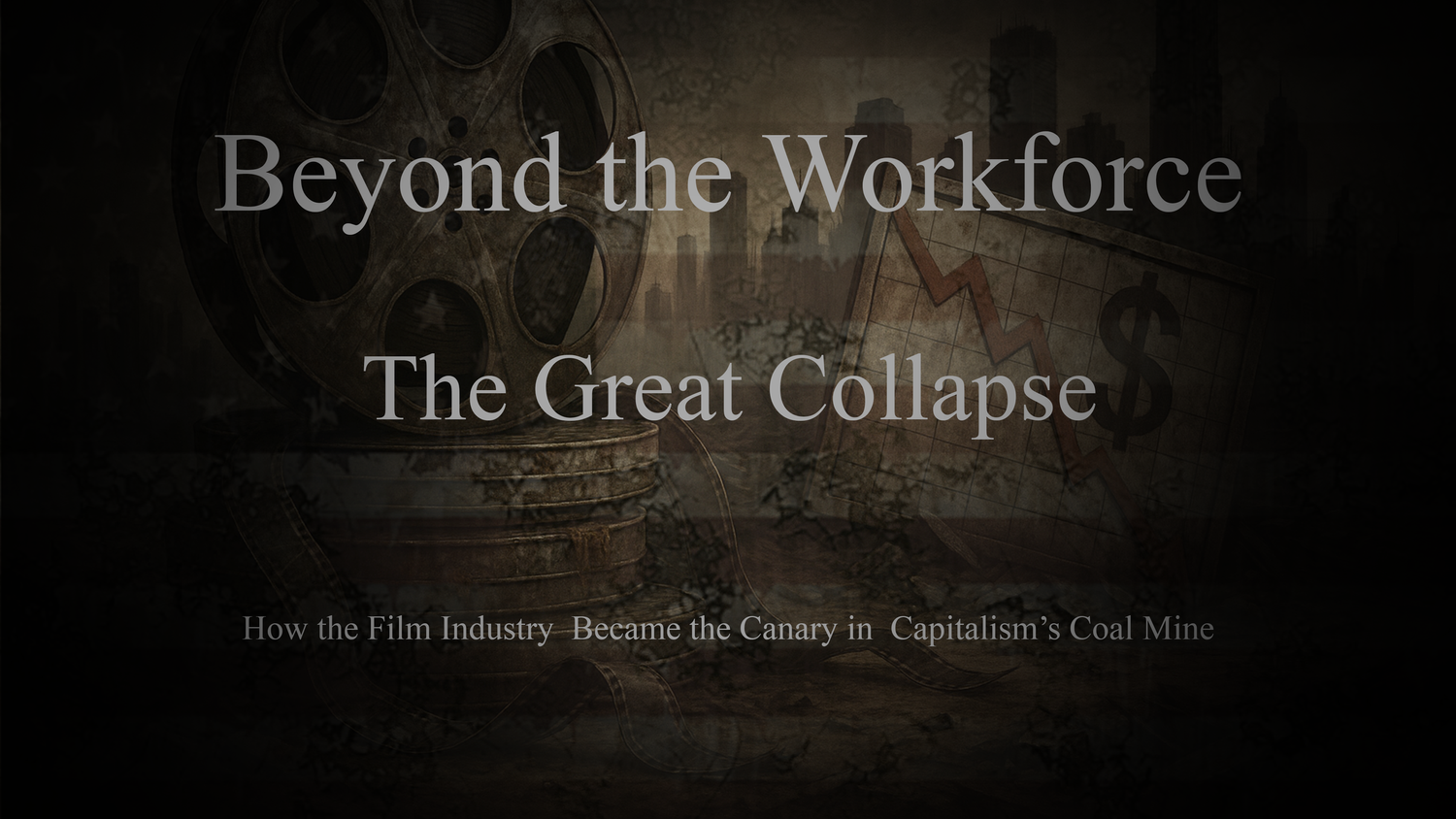Beyond the workforce
Many of you may not know this, but I write a blog called Beyond the Workforce. I started it because I was tired of watching the labor movement get boxed into old narratives, party politics, and surface-level solutions that don’t actually help working people.
This blog isn’t about ego or opinion, it’s about asking real questions that no one else seems willing to ask. Why are unions stuck in political alliances that no longer serve their members? Why is inflation robbing workers faster than contracts can keep up? Why are we still defining labor success by yesterday’s standards, when the world has clearly moved on?
Beyond the Workforce is where I speak the truth, challenge the status quo, and dig into the uncomfortable conversations about what’s broken, and how we fix it. I write to empower workers to think for themselves. To stop voting like they owe somebody something. To understand that labor isn’t owned by a party, a platform, or a system. It’s owned by you, the worker.
I launched the podcast version of Beyond the Workforce because I wanted to take these ideas even further. Not everyone has time to read a long article, but almost everyone can hit play while driving to set or wrapping out for the day. The podcast lets me bring these conversations straight to the people who need them most, those of us who work, sweat, and fight for a better life every single day.
This project isn’t just content, it’s a movement. It’s a refusal to let unions be silenced, softened, or steered by people who’ve never stood on set, missed a paycheck, or bled for their pension. Beyond the Workforce exists to reignite the soul of labor, and to remind every worker that their value isn’t defined by their vote, it’s defined by their work, their time, and their willingness to fight for something better.
That’s why I created it.
That’s why I still write it.
And that’s why I bring that same fire into everything I do in this union.
In one of my most-read articles on Beyond the Workforce, I break down the silent collapse of the American film industry, not as a creative crisis, but a structural one. The piece exposes how corporate greed, broken policy, and political indifference have gutted mid-budget filmmaking, erased stable careers, and turned once-thriving production hubs into ghost towns. It’s not just a warning, it’s a blueprint for rebuilding. This article is a call to arms for every crew member, artist, and working-class storyteller who still believes that cinema, and the jobs behind it, are worth fighting for.
